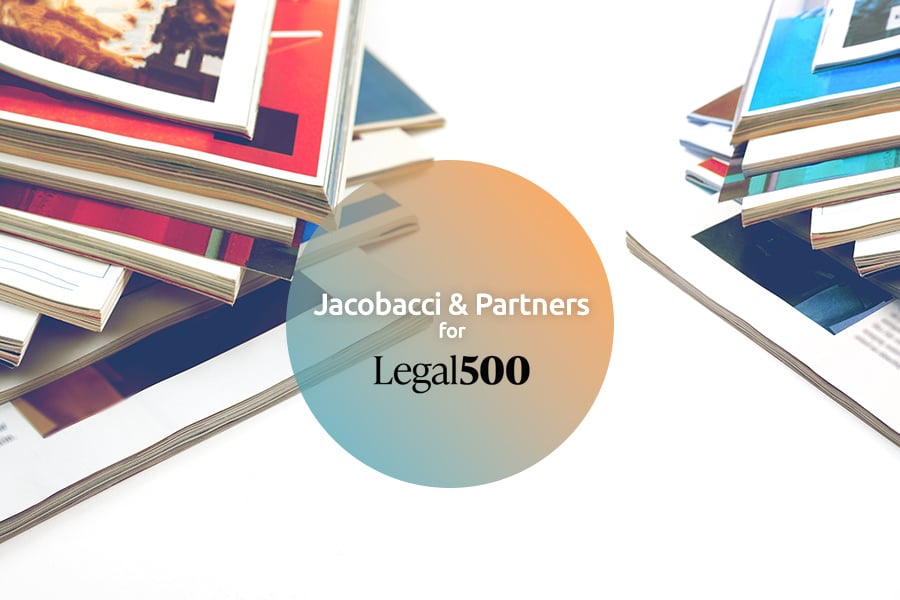In the field of anti-counterfeiting, there are two separate but adjacent activities that seek to limit and repress commercially inappropriate behaviour. The first action combats unfair competition, namely the direct or indirect use by an entrepreneur of means or techniques that do not comply with the principles of professional correctness and that cause damage to a competitor's company.
Anti-cybersquatting refers to activities aimed at countering the registration of domain names that include, in whole or in part, a name, a trademark or another distinctive sign belonging to the client and which is used without the client’s consent.
Monitoring and thus being in a position to resist these illegal activities is of great benefit to a company that has been affected by such unlawful behaviour. The benefits are not only economic but, especially when dealing with industrial property, include factors such as improved brand awareness, credibility and professionalism that would otherwise be injured or placed in a bad light.
Not conducting these activities may result in the loss of market share or harm to reputation, thus presenting a real threat to the life of the company such as, for example, when a recognized website is used to sell counterfeit products or to divert web traffic from the original website.


